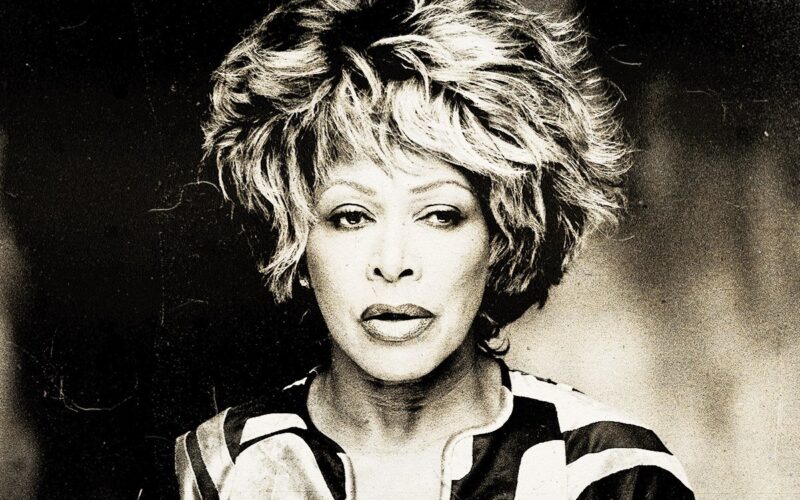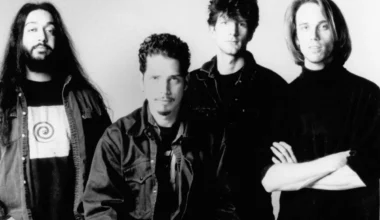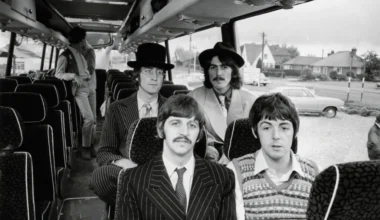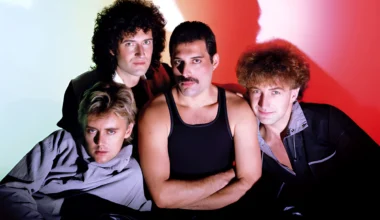There are certain voices who have made music, without them, the course of history just would not have been the same. Tina Turner is one such voice. Unbridled power meets a tender soul to create one of the most dynamic and accurate vocalists in the game.
Emotion would brim from every corner of each note she delivered, and while she could partly thank her technical range for that ability, it’s hard to ignore that it was largely down to her own personal experiences. Raised in the spiritual communion of the church choir before cutting her teeth as a musician in the deeply misogynistic late 1950s, she gained an acute understanding of how life experiences could be poured into musical performances.
Despite her obvious and innate talent, the odds were stacked against her. Having escaped the clutches of her abusive father with her mother, Turner, born Anna Mae Bullock, descended upon the late-night club scene of St Louis, Missouri. It was fertile soil upon which she could develop her greatness, for its stage welcomed the likes of Chuck Berry, Little Milton, and Albert King.
These were indeed titans of the industry, but they had a firm chokehold on stage exclusivity. It was quietly understood in those days that while female artists were welcomed, it was unlikely they would top any of the men on the bill. Stardom awaited Turner, but only if she seized whatever glimmer of an opportunity presented itself to her.
When Turner befriended the band of her soon-to-be husband, Ike Turner, dating saxophonist and father of her first child, Raymond Craig Turner, she regularly proposed the idea of contributing to the band as a backing vocalist. An idea entertained by the band verbally, but never acted upon with any sincerity and kept Turner waiting in the wings, watching on in silence and locking her talent away.
On one fateful night, she altered the course of her own history by resisting against her position on the subs bench and grabbing the microphone herself. During a brief intermission, Turner snatched the microphone from drummer Eugene Washington and belted out a cover of BB King’s ‘You Know I Love You’.
“I became like a star,” she told Rolling Stone. “I felt real special. Ike went out and bought me stage clothes — a fur, gloves up to here, costume jewellery and bareback pumps, the glittery ones; long earrings and fancy form-fitting dresses. And I was wearing a padded bra. I thought I was so sharp. And riding in this Cadillac, Ike had then — a pink Fleetwood with the fish fins. I swear, I felt like I was rich! And it felt good.”
From that moment on, Turner’s place in the spotlight was never questioned. The following year, her debut as a recorded vocalist came on The Jangly ‘50s track ‘Box Top’, where she’s credited as Little Ann on the song, alongside Ike Turner and Carlson Oliver. And of course, in the years that followed, her voice would creep from the back to the front, becoming one of the most dominant sounds in contemporary music.






